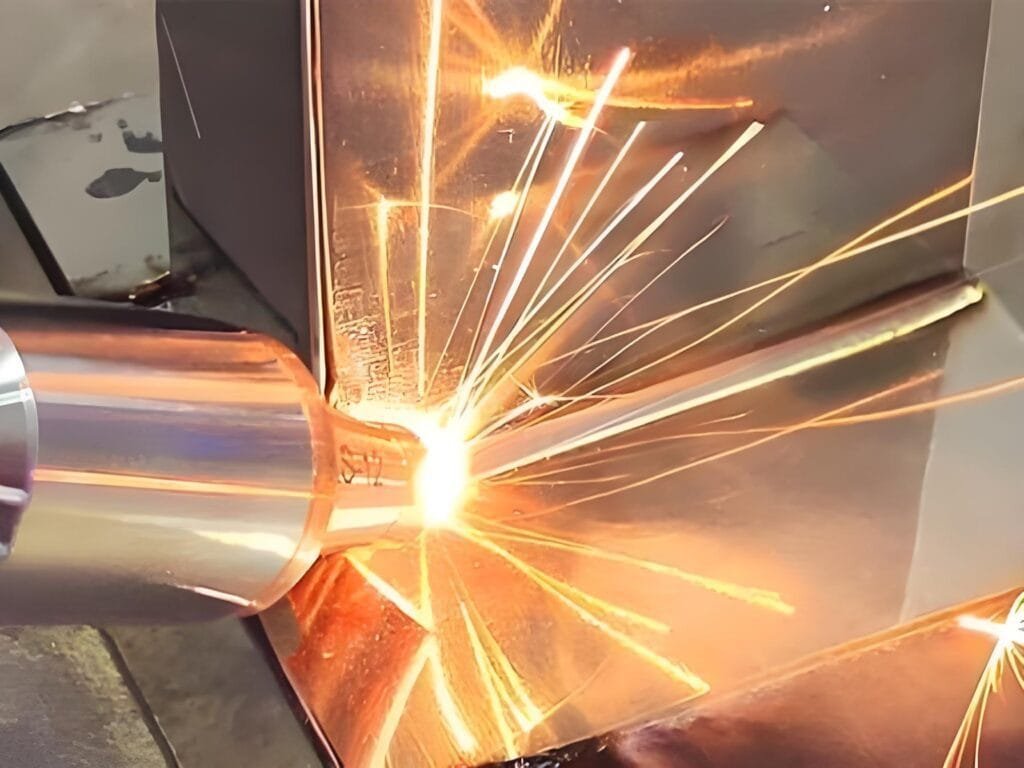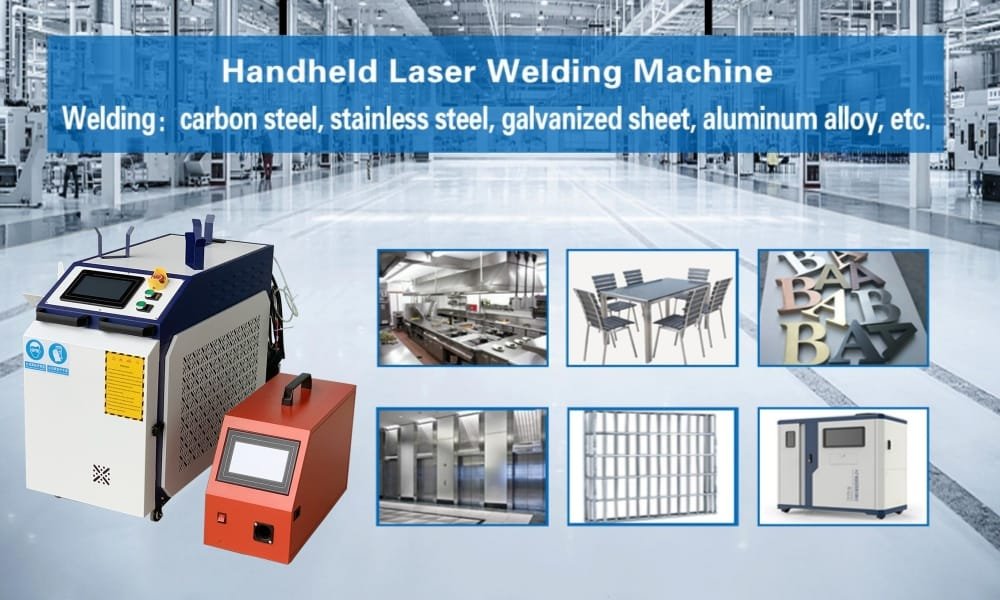
Laser welding machines, known for their high precision and efficiency, are widely used in various manufacturing fields. Proper maintenance and care are crucial to ensure the efficient operation and extended lifespan of laser welding machines. This article will detail the maintenance and care tips for laser welding machines, helping users better manage and utilize this equipment.
1. Regular Cleaning of Optical Components
The optical components of a laser welding machine, such as laser lenses and mirrors, are essential parts that directly affect the quality of the laser beam and welding results. During welding, dust and spatter may adhere to the surfaces of these components, impacting the transmission and focusing of the laser.
Cleaning Steps:
- Power Off: Ensure the machine is turned off and has cooled down before cleaning.
- Use Specialized Cleaning Tools: Gently wipe the surfaces of the optical components with lint-free cloths and specialized optical cleaning solutions. Avoid using ordinary paper towels or cloths to prevent scratching the lenses.
- Regular Inspections: Check the optical components weekly to ensure they are clean and free of stains.
2. Maintaining the Cooling System
Laser welding machines typically feature water cooling or air cooling systems to cool the laser generator and other key components. The proper functioning of the cooling system is crucial for the stability of the machine.
Maintenance Tips:
- Check Coolant Levels: Regularly inspect the coolant tank level in water cooling systems to ensure sufficient coolant. Add coolant promptly if levels are low.
- Replace Coolant: Replace the coolant every 3 to 6 months based on usage to prevent impurity buildup and decreased cooling efficiency.
- Clean Cooling Channels: Periodically clean the cooling channels to remove dirt and scale, ensuring an unobstructed cooling system.
3. Lubrication and Inspection of Mechanical Components
Mechanical components of laser welding machines, including guide rails, sliders, and gears, require regular lubrication and inspection to ensure smooth operation.
Specific Measures:
- Choose Suitable Lubricants: Use the lubricants or grease recommended by the manufacturer to lubricate the mechanical components.
- Regular Lubrication: Lubricate the machine every 1 to 2 months, depending on usage frequency.
- Check for Wear: Regularly inspect mechanical components for wear and tear, and replace parts promptly if abnormal wear is detected.

4. Periodic Calibration of the Laser
Calibration of the laser is crucial for welding quality, especially in precision welding applications. Regular calibration ensures the laser beam’s energy and focus position remain optimal.
Calibration Steps:
- Use Standard Samples: Use standard samples for testing and observe whether the welding results meet requirements.
- Adjust the Optical Path: Adjust the laser optical path and lens position based on test results to ensure the laser beam accurately focuses on the welding spot.
- Record Parameters: Document the calibration settings for future reference.
5. Regular Inspection of Electrical Systems
The electrical systems of laser welding machines, including control circuits, power supply systems, and sensors, require regular inspection and maintenance to ensure safe and reliable operation.
Inspection Items:
- Cables and Connectors: Check cables and connectors for looseness, wear, or breakage, and repair any issues promptly.
- Power Stability: Ensure stable power voltage and frequency to avoid damage from voltage fluctuations.
- Sensor Functionality: Check the working status of sensors to ensure they accurately detect and feedback the machine’s operating conditions.
6. Laser Welding Machines Operator Training
Proper use and maintenance of the equipment depend on the professional skills of the operators. Regular training for operators to master the machine’s basic principles, operating methods, and maintenance techniques is essential for extending the machine’s lifespan.
Training Content:
- Operating Procedures: Train operators on correct machine startup, operation, and shutdown procedures.
- Troubleshooting: Teach common fault identification and basic troubleshooting methods to enhance operators’ emergency handling capabilities.
- Maintenance Knowledge: Explain the machine’s daily maintenance and care requirements to equip operators with basic maintenance skills.
7. Establish Maintenance Records
Create detailed maintenance records for each laser welding machine to track the maintenance history and promptly identify and address potential issues.
Record Content:
- Maintenance Logs: Record the time, content, and personnel involved in each maintenance activity.
- Fault Logs: Document the machine’s faults and the corresponding repair actions in detail.
- Usage Records: Record the machine’s operating hours and workload to assess its usage status.
Conclusion
Maintaining and caring for laser welding machines is a systematic process that involves regular cleaning of optical components, maintaining the cooling system, lubricating and inspecting mechanical parts, periodic laser calibration, checking electrical systems, training operators, and establishing maintenance records. These measures can effectively extend the lifespan of laser welding machines, ensure stable operation, and enhance welding quality, thereby improving production efficiency and reducing costs. It is hoped that the maintenance and care tips provided in this article will be helpful to laser welding machine users.


